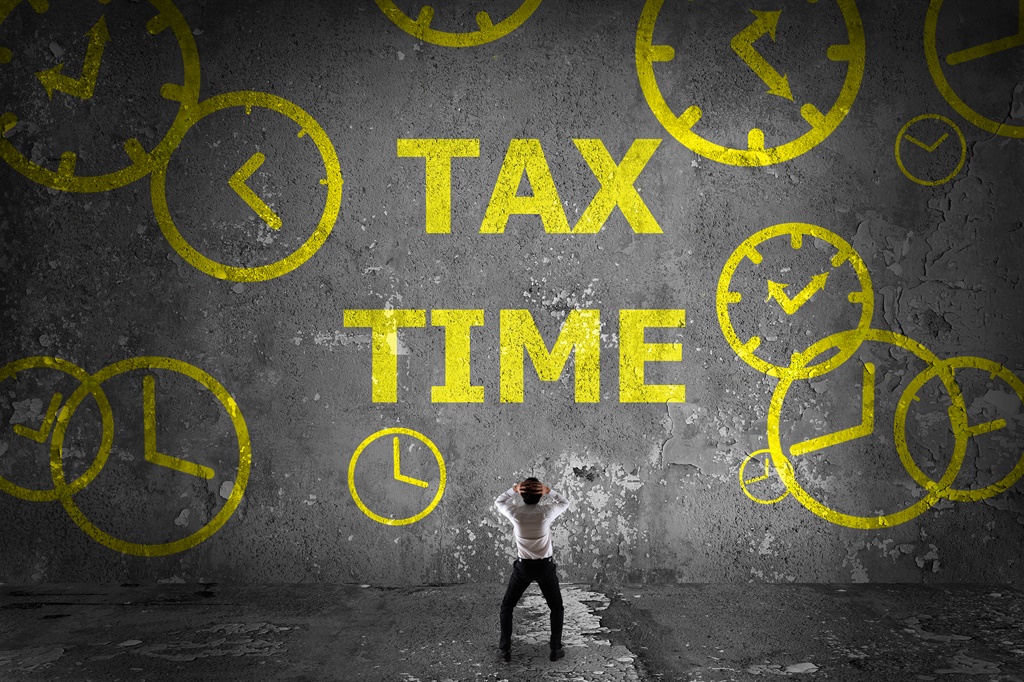The 2019 personal tax season has officially opened and one can start submitting tax returns online via eFiling or the MobiApp. This tax submission relates to any financial transactions you made between March 1 2018 and February 28 2019. For in-branch submissions you’ll need to wait until August 1 though, but only do this if you really have a problem accessing the online options.
Standing in the long queue at the SA Revenue Services (Sars) offices could take many hours of your day and it’s not guaranteed that you will be fully assisted on your first visit.
WHO NEEDS TO SUBMIT A TAX RETURN?
Anyone earning income in South Africa has a responsibility to pay taxes but not everyone needs to submit a tax return.
All provisional tax payers – those who don’t earn a fixed salary such as freelancers or contractors – are required to submit a tax return whereas salaried workers earning less that R500 000 in the tax year can skip the tax return provided that they:
- Only received employment income from one employer;
- Have no other income; and,
- Don’t have any allowable tax deductions to claim such as medical expense or retirement annuity (RA) contributions.
Completing the eFiling return is pretty simply and even if you have earned less than R500 000 you should consider submitting a return to ensure that you receive any tax benefits due to you.
HOW TO PREPARE FOR THE TAX RETURN?
Start off by simply making a list of all financial events that could have an effect of your taxes. Think about:
- Medical aid contributions as well as other medical expenses;
- Changing jobs;
- Buying or selling of property;
- Any inheritance;
- Investments to an RA or provident fund;
- Foreign investments;
- Capital gains tax; and
- Anything that you feel may have a tax implication.
It’s not important at this point to know the exact tax implications as you are just making a list of things to look at or questions to ask your tax adviser if you have one.
Income: This should be easy to do if you are employed full time. Any companies that you have worked at in the period will issue an IRP5, the official statement of your salary income and all company related perks and deductions.
Also consider any income derived from freelance jobs, side-hustles or businesses that you run. This relates to all money that is paid directly to your personal bank account(s).
Medical expenses: If you contribute to a medical aid, be sure to get a tax certificate from them as this will assist you in submitting your tax return and you’ll receive a small rebate for your monthly contributions.
In some cases you can reduce your taxable income by a percentage of out-of-pocket medical expenses (expenses not covered by your medical aid). The deduction will depend on your age, whether you have a disability and the total spent on medical expenses as a percentage of your annual income.
When completing your tax return you simply need to include the total amount of qualifying out-of-pocket medical expenses and the system will calculate the actual rebate (if any) that is applied to your overall tax return.
Vehicle log book: If you claim travel expenses then you’ll need to ensure that you keep a log book of all travel. This ideally needs to be done in “real time” as and when you travel.
Making something up after the tax year is not only hard, it’s also not very ethical. Keep this updated in a journal or use an app if it’s easier.
Investments: Keep a spreadsheet detailing all your bank accounts and investments which you can use when determining the tax certificates you need.
If you made a contribution during the tax year to a RA you will receive a RA fund contribution certificate.
The most common certificates issued for investments are an IT3(b), which report interest and dividends for local and offshore investments, and an IT3(c), which lists capital gains and losses for local and offshore investments.
If you who have a tax-free investment you may also receive an IT3(s), which gives details of all contributions, withdrawals and returns earned on your tax-free investment as Sars needs to check that you are sticking to your annual and lifetime contribution limits.
READ: The ins and outs of a retirement annuity
HOW TO FILE
Once you have all the details at hand, open the eFiling form on the Sars website and start filling it in. It’s actually not that hard.
The first page has some “yes or no” type of questions which will determine which sections are relevant to you or not.
The Sars website also has some useful tax guides and help sections and you can also employ the services of a tax practitioner if you find it all a bit daunting.
Whatever you do, make sure that your tax affairs are in order as non-compliance has some harsh consequences.
It’s probably hard to remember what happened last year which is why it’s a good idea to keep a note on your phone (or in a diary) of any important transactions that happen, when they happen.
So if during the year you encounter medical expenses, just make a note of that.
Keep track of additional income that you may have earned and jot down when you start new investments.
Doing this during the year makes it easier to prepare for the next tax submission.
Dale is the personal finance blogger at takechargeofyourmoney.blog




 Publications
Publications
 Partners
Partners









